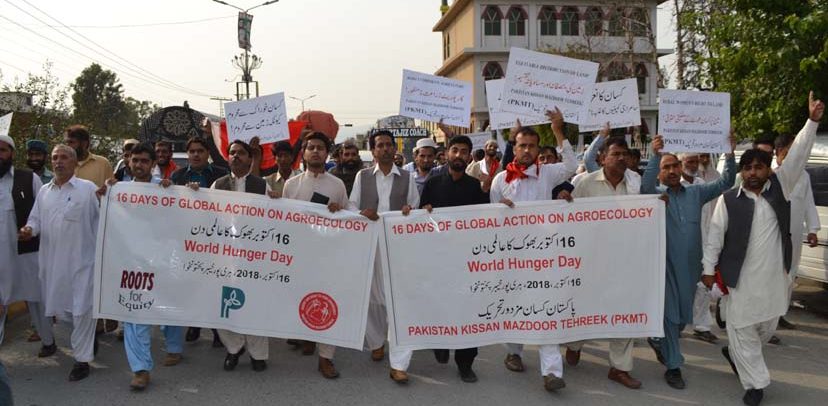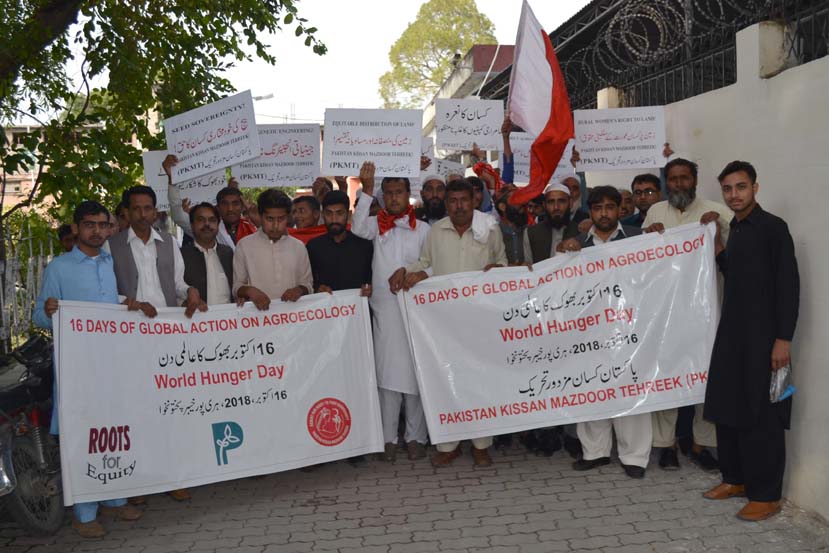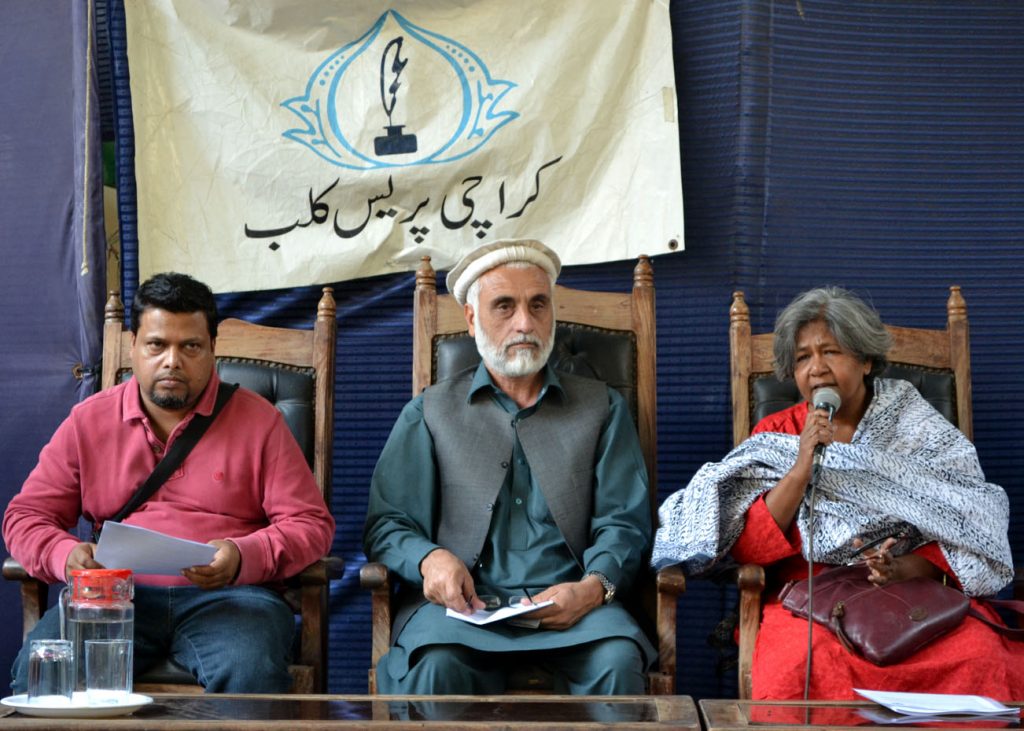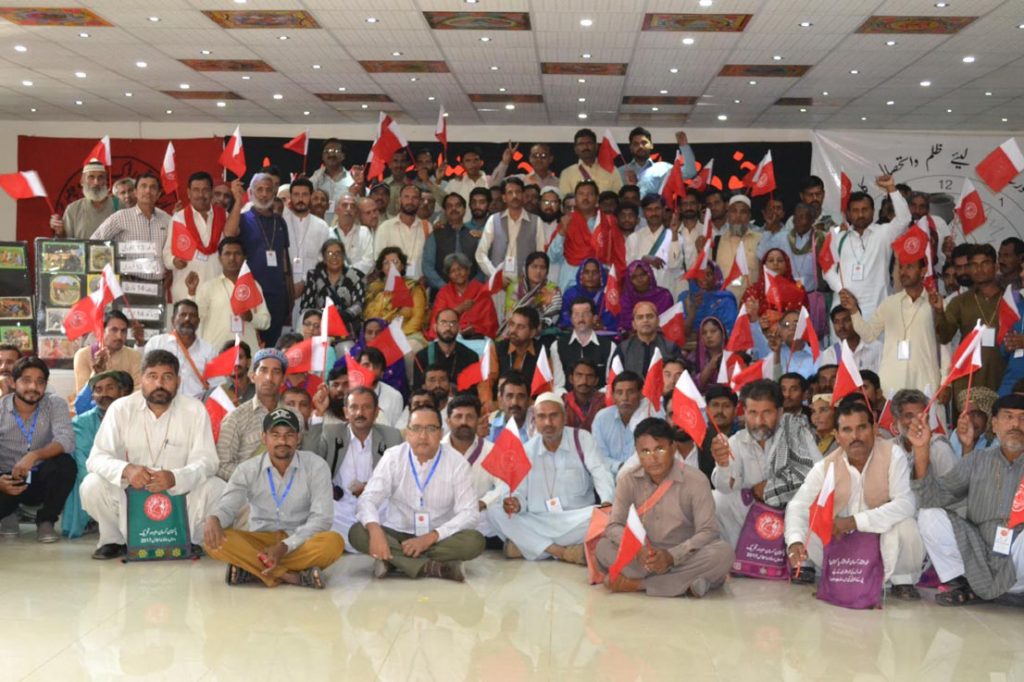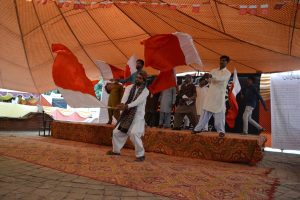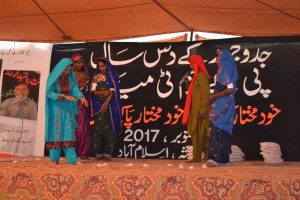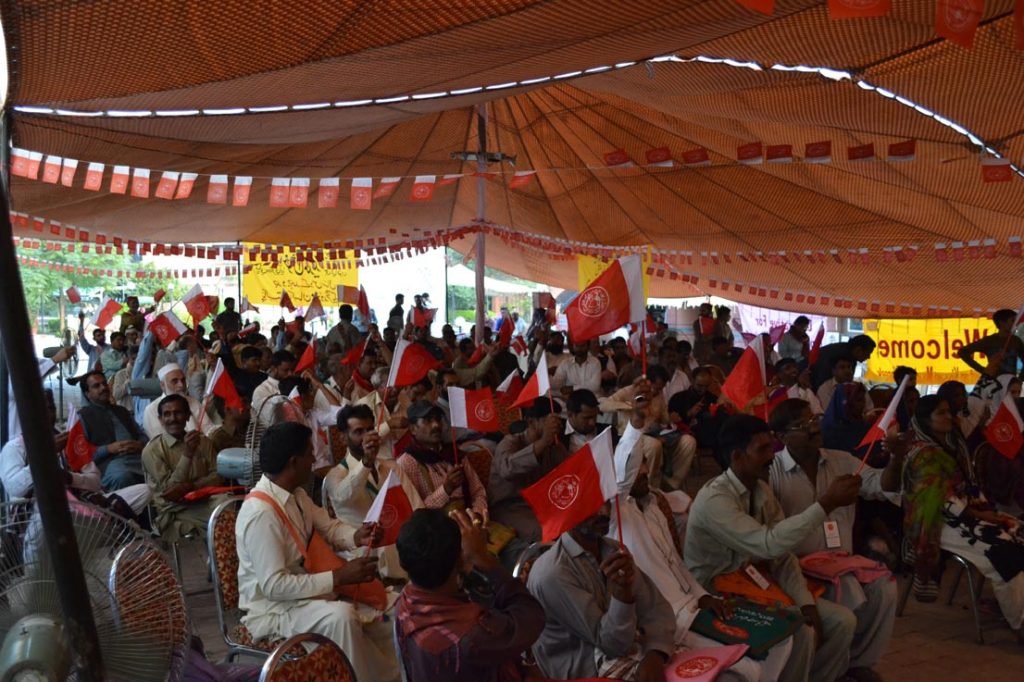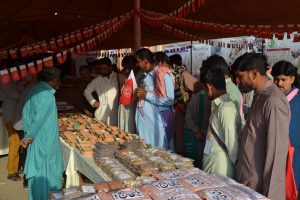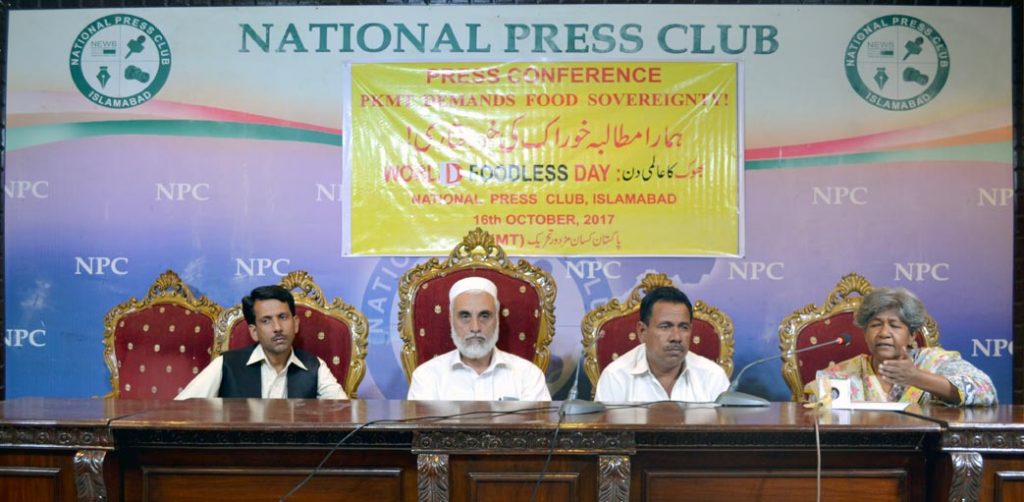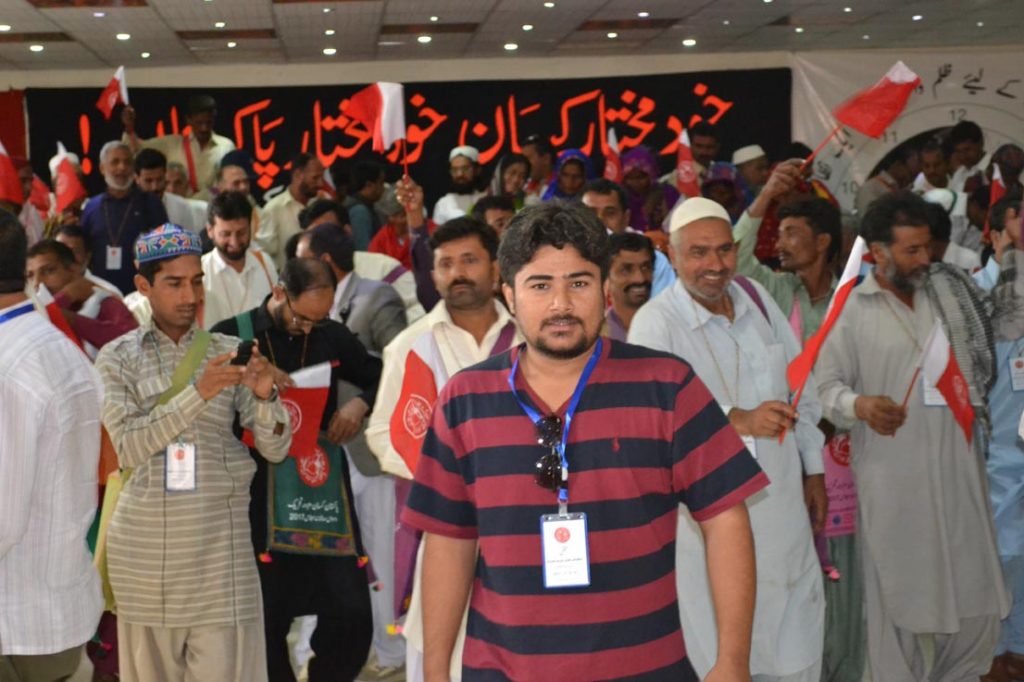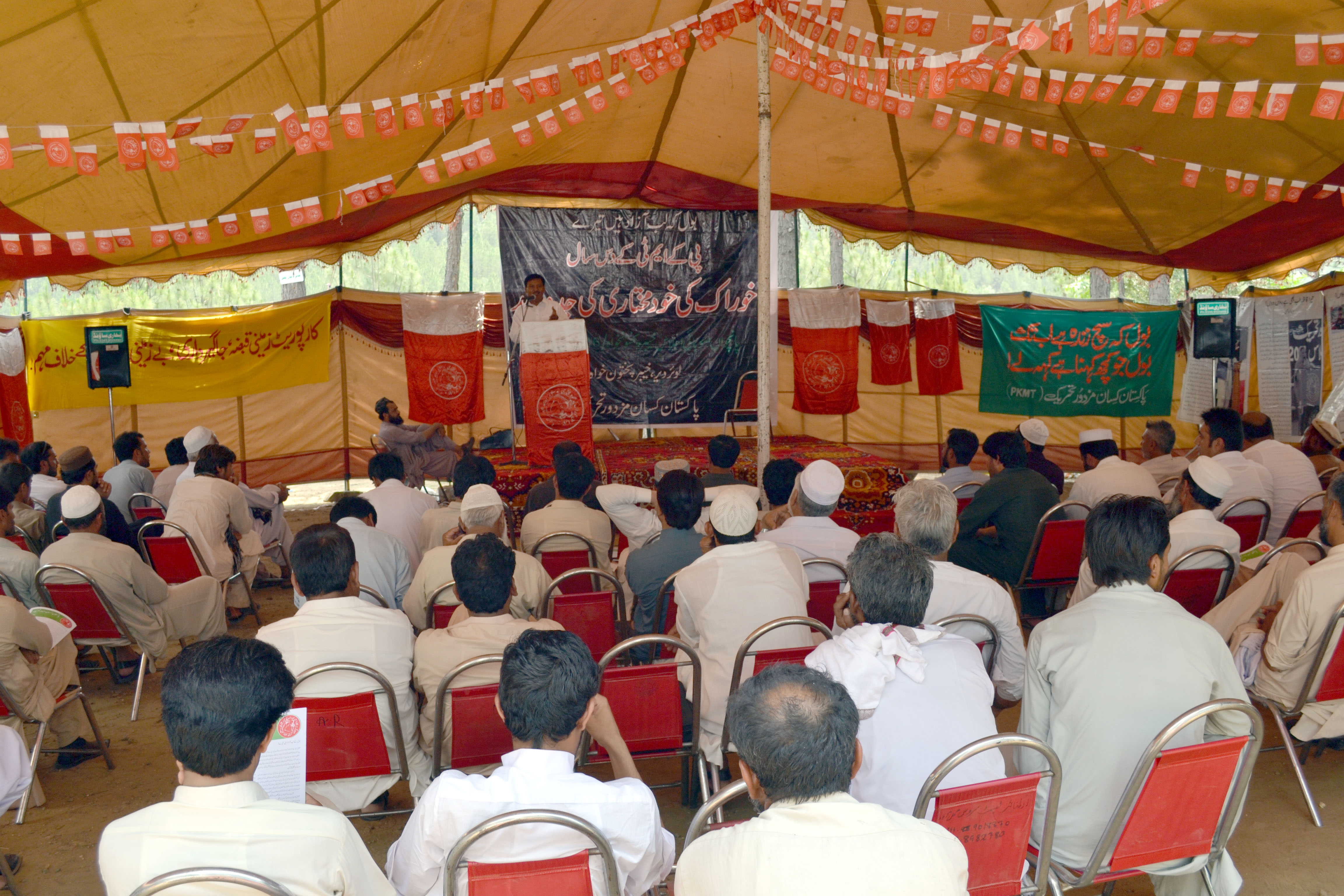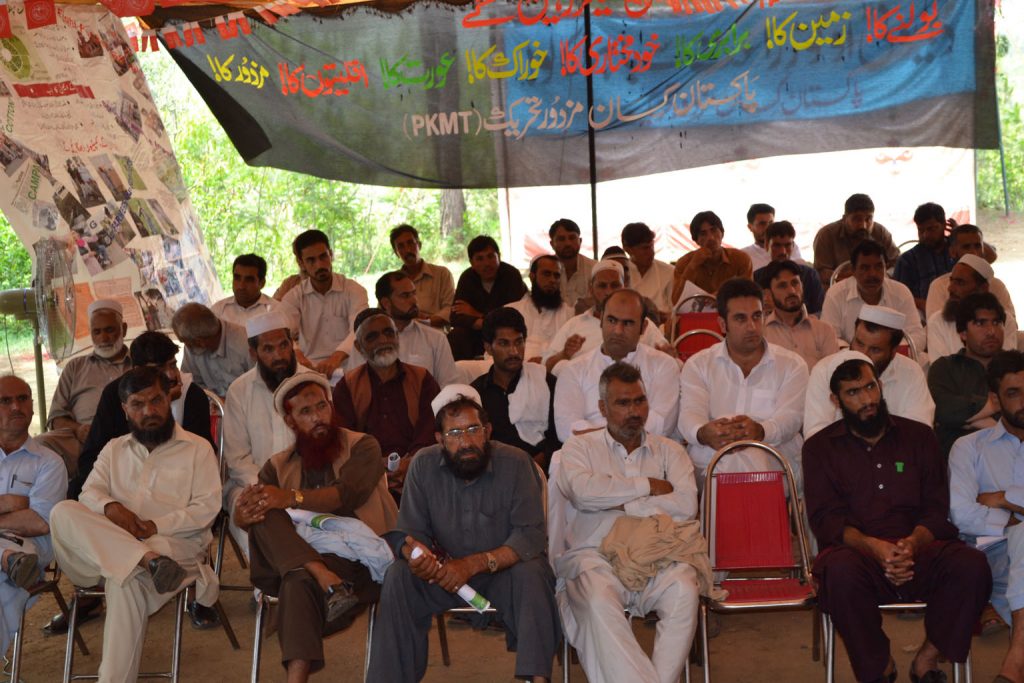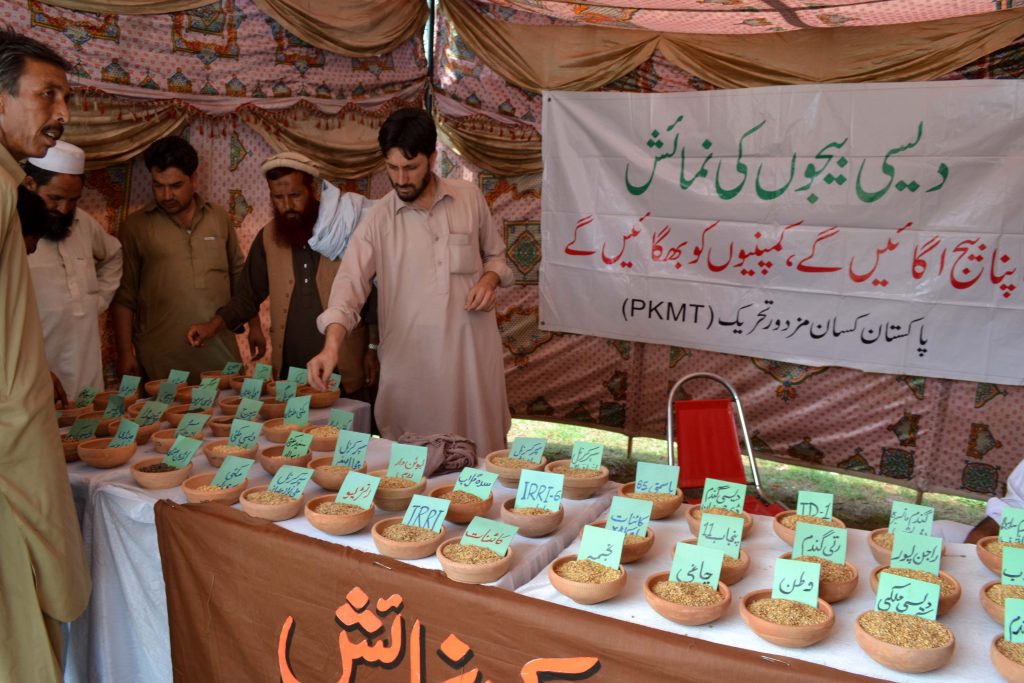ایک خبر کے مطابق پاکستان ایگری کلچر ریسرچ کونسل (پارک) کے ایک اعلی سطح اجلاس جس میں آج (منگل، 29 جنوری کو) جینیاتی مکئی کی کاشت کی منظوری دی جانی تھی، خود وزیر خوراک کی جانب سے آخری لمحات میں ڈرامائی انداز میں منسوخ کردیا گیا۔ پارک نے بین الاقوامی بیج کمپنیوں کی تیار کردہ جنیاتی مکئی کی اقسام کو تجارتی بنیادوں پر کاشت کرنے کی اجازت دینے پر غور کرنے کے لئے جلد بازی میں بیج کی جانچ کرنے والی ورائٹی ایویلویشن کمیٹی کا اجلاس طلب کیا تھا۔ یہ صورتحال اس وقت پیدا ہوئی جب وفاقی وزیر قومی غذائی تحفظ و تحقیق صاحبزادہ محبوب سلطان نے اچانک مداخلت کرتے ہوئے پارک کے چیئرمین ڈاکٹر یوسف ظفر کی سربراہی میں منعقد ہونے والے اس اجلاس کو منسوخ کردیا۔ اجلاس میں شرکت کرنے کے لئے بہت سے شرکاء راستہ میں تھے یا اسلام آباد پہنچ چکے تھے جب انہیں بذریعہ ٹیلی فون آگاہ کیا گیا کہ یہ اجلاس آئندہ نوٹس تک ملتوی کردیا گیا ہے۔ پیر کی شام (28 جنوری) تک بھی پارک کے اعلی حکام اجلاس کی منسوخی سے بے خبر تھے۔ پارک کے ایک اعلی افسر کا کہنا تھا کہ اجلاس فیصل آباد زرعی یونیورسٹی کی درخواست پر منسوخ کیا گیا ہے کیونکہ یونیورسٹی کی ٹیم اس اجلاس میں غور و بحث کے لیے تیار نہیں تھی۔ اس اجلاس کی منسوخی کی کوئی سیاسی یا اور کوئی وجہ نہیں ہے۔
بیج کے کاروبار سے وابستہ کچھ شراکتداروں نے تجارتی بنیادوں پر جنیاتی مکئی کی بطور غذائی فصل کاشت کی سخت مخالفت کی ہے جن کا کہنا ہے کہ ہائبرڈ مکئی کی کاشت کو جاری رکھنا ہی کسانوں اور صارفین کے مفاد میں ہے جو ملکی ضروریات کے مطابق کاشت کی جارہی ہے۔ اس کے علاوہ بیج کی صنعت کی جانب سے مقامی ہائبرڈ بیج کے لیے کی جانے والی سرمایہ کاری کو بھی ترجیح دینے کی ضرورت ہے۔ شراکتداروں کا کہنا ہے کہ جنیاتی فصلوں کی کاشت کو متعارف کروانے سے نا صرف ذہنی ملکیت کے حقوق کے لئے ادا کی جانیوالی رقم (رائلٹی) کی وجہ سے کسانوں کی پیداواری لاگت میں اضافہ ہوگا بلکہ مقامی جینیاتی وسائل کی آلودگی کا باعث بھی بنے گی خصوصاً مکئی کی فصل جس میں ہوا کے زریعے زیرگی (پولینیشن) کا عمل ہوتا ہے۔
بیج کے شعبہ سے وابستہ شراکتداروں نے خبردار کیا ہے کہ جینیاتی فصلوں کے مقامی سطح پر ہائبرڈ بیج کی اقسام کی تیاری پر کی جانے والی سرمایہ کاری پر بھی انتہائی منفی اثرات مرتب ہونگے اور بیج کے کاروبار میں تحقیق و ترقی اور ان کی مقامی پیداوار کی حوصلہ شکنی ہوگی۔ دوسری طرف مکئی سے تیار شدہ اشیاء کی پاکستان سے پائیدار بنیادوں پر برآمد صرف اس صورت جاری رہ سکتی ہے کہ جب مقامی کاشتکار ہائبرڈ ٹیکنالوجی پر قائم رہیں اور جینیاتی مکئی کی کاشت کی اجازت نہ دی جائے۔
سب سے اہم بات یہ کہ جینیاتی فصلیں برآمدات کے لیے نقصان کا باعث بنیں گی کیونکہ اکثر ممالک جو پاکستان سے مکئی اور اس سے تیار کردہ اشیاء اور دیگر غذائی فصلیں درآمد کرتے ہیں، جینیاتی فصلوں کے خلاف ہیں جیسے کہ یورپی یونین، افریقہ، ترکی اور روس۔ پاکستان ان ممالک اور خطوں کو اپنی اشیاء برآمد نہیں کرسکے گا جس کے نتیجے میں برآمدات میں سخت رکاوٹیں پیدا ہونگی۔
سب سے اہم بات یہ کہ پاکستان کی ہائبرڈ مکئی کی فی ہیکٹر پیداوار پانچ ٹن میں پہلے ہی اضافے کا رجحان ہے اور پاکستان پہلے ہی کئی ایسے ممالک سے پیداوار میں آگے ہے جنہوں نے جنیاتی مکئی کی کاشت کی اجازت دی ہے۔ پاکستان اپنی مکئی کی ضروریات مقامی پیداوار کے زریعے حاصل کررہا ہے اور یہاں جینیاتی فصلوں کے تجربات کی کوئی ضرورت نہیں ہے جس میں کئی طرح کے مسائل ثابت ہوچکے ہیں۔
ترجمہ :دی نیوز، 30 جون، 2018

